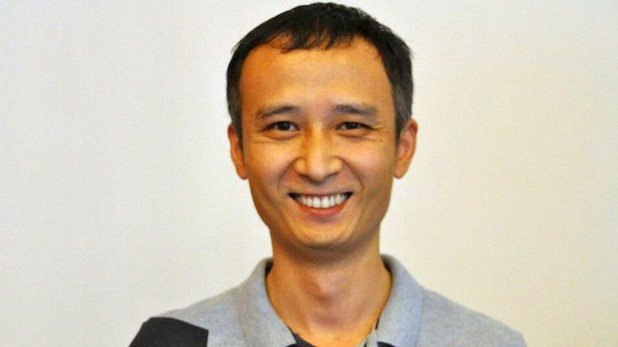Authorities in the central Chinese province of Hunan have secretly indicted the “Changsha Three” non-governmental organization (NGO) workers, family members and rights groups said.
Cheng Yuan, Liu Dazhi, and Wuge Jianxiong were indicted in secret for “subversion of state power” by prosecutors in Hunan’s provincial capital, Changsha, on June 24.
The three were detained last year, as they worked for a non-government group called Changsha Funeng.
Cheng Yuan’s wife Shi Minglei learned of the charges only after calling the Changsha Procuratorate for an update on July 10, the overseas-based Chinese Human Rights Defenders (CHRD) network said in an e-mail.
Shi was informed that the indictments had been issued and the case transferred to the Changsha Intermediate People’s Court to await trial, it said.
The move came after the firing of six defense attorneys and the three Changsha Funeng staff in March.
“[Cheng, Liu and Wuge] have not received a single visit from their family-hired attorneys since being taken into custody on July 22, 2019 nor allowed any communication with their families,” CHRD said.
They are being currently being held at the Kaifu District Detention Center in Changsha, it said.
Shi told RFA on Friday that the case against her husband and his co-defendants had been marked by procedural violations, and was akin to an extrajudicial procedure.
“This case hasn’t gone through the system in the usual way at all,” she said. “It is dithering about outside of the system.”
“We have tried to get in touch with the judge, Zhao Zhe, and we have called his office number, but nobody ever picks up,” Shi said. “When we went to the detention center, we unexpectedly ran into a government-appointed defense attorney.”
Pressure to ‘confess’
Authorities in China have repeatedly put pressure on political prisoners to accept government-appointed lawyers, and to achieve a more lenient sentence by “confessing” to the charges against them.
In some cases, they have issued letters “firing” the defense attorneys hired by their families.
“So I called the government-appointed lawyer, and they said that the pretrial meeting had already happened,” Shi said. “I think this means that they’re going to go ahead with a secret trial very soon, maybe next week.”
“The so-called government lawyer had no independence to speak of,” she said, adding that non-government lawyers had been reluctant to take on the case. “So I really don’t expect a proper defense.”
Human rights and political cases can lead to trouble for law firms and the suspension of lawyers’ licenses to practice.
Changsha Funeng founder Yang Zhanqing, who is now in the U.S., said the Changsha Three were detained as part of a general crackdown on the organization.
“Cheng, Liu, and Wuge had been very low profile, and very rarely made any kind of public comment on their work,” Yang said. “They even tried to minimize police harassment by doing all of their legal advocacy work in an individual capacity.”
“They never spoke on behalf of Changsha Funeng.”
Yang said the main reason the authorities had targeted the three men was the fact that their rights work had received overseas funding, which the ruling Chinese Communist Party regards as “collusion with hostile foreign forces,” and a threat to its national security.

